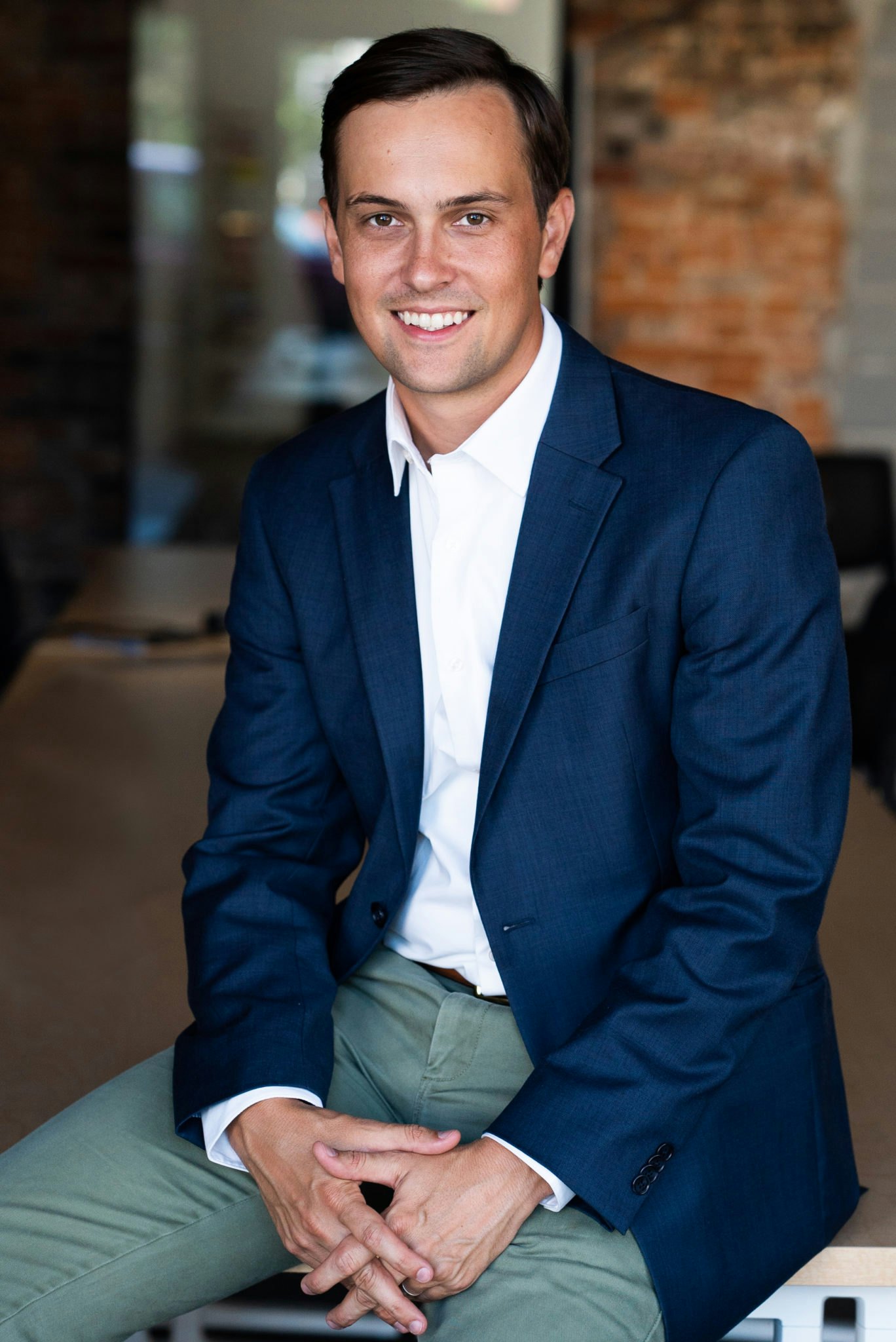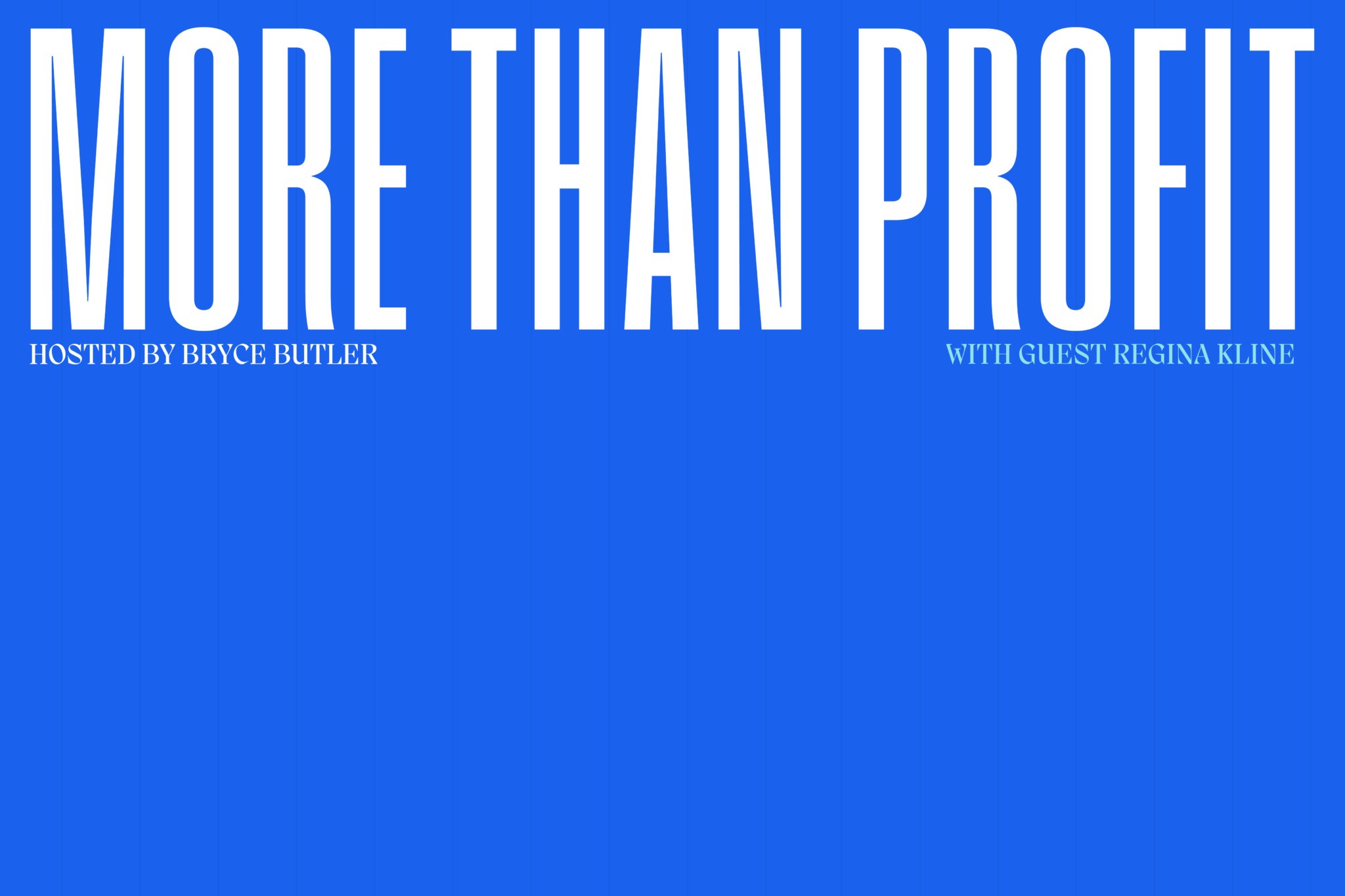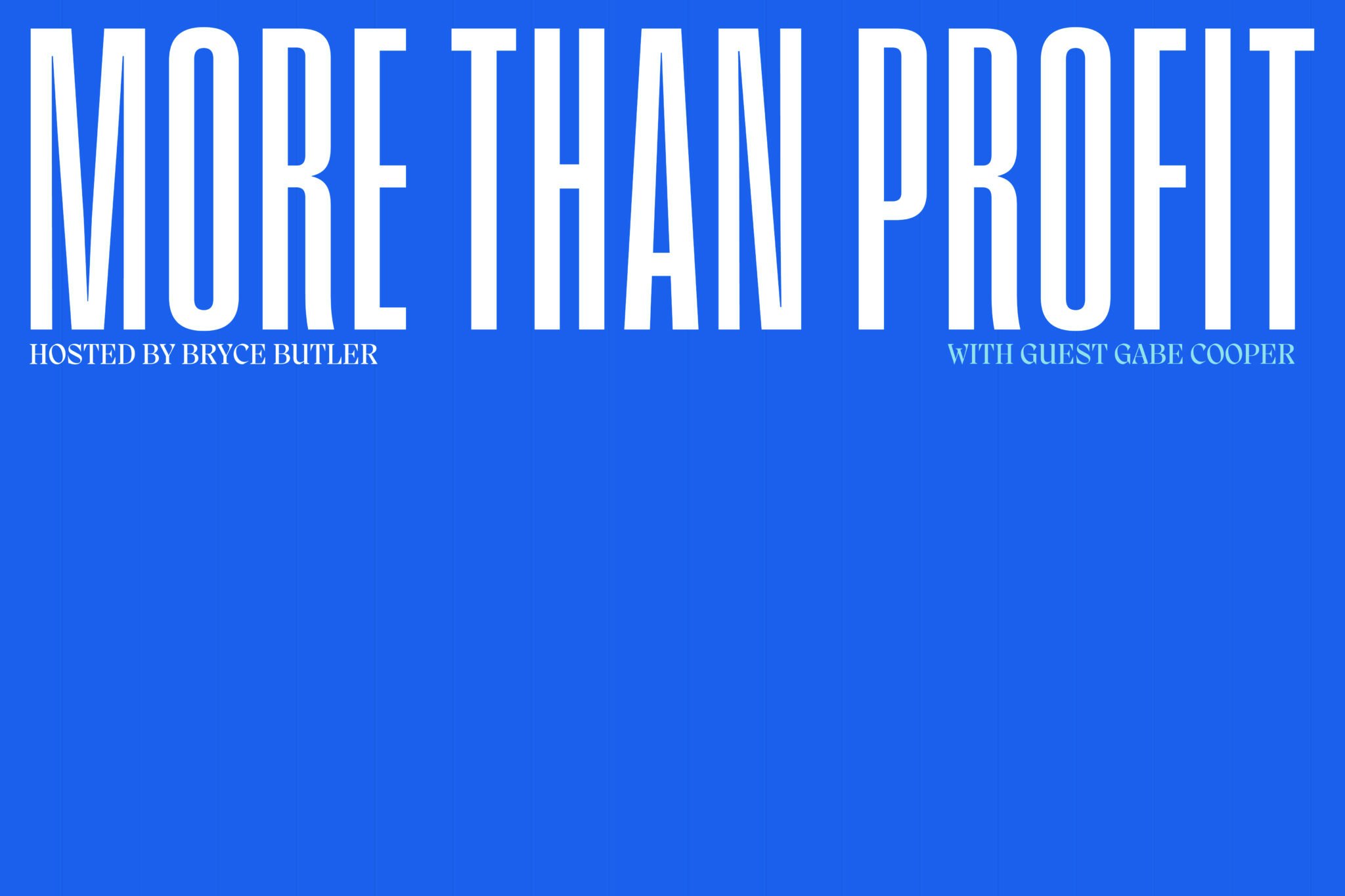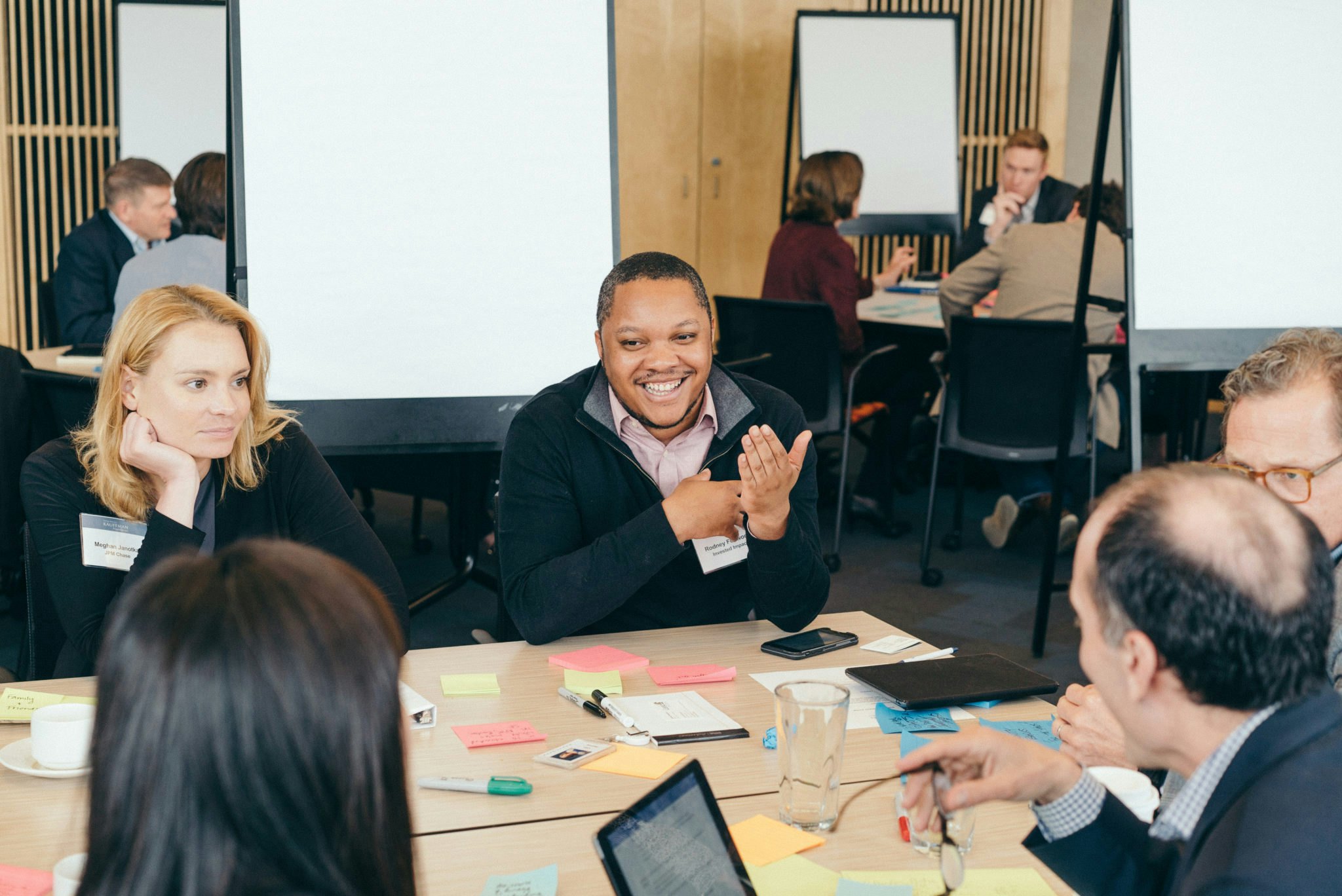Five Questions With Tal Dehtiar
Running a business is hard. Running a social enterprise can be even harder. In 2009 Tal Dehtiar launched Oliberté, the world’s first and only Fair Trade Certified footwear company out of its factory in Addis Ababa, Ethiopia. By focusing on a premium handcrafted product, the planet and worker empowerment, Oliberté has become a model for the new corporate social responsibility.
We recently sat down with Tal to ask him five questions about running a social enterprise, marketing and what he has learned since starting his company.Watch the video below to see what he had to say and read the rest of the article to see more questions that didn’t make the video.
What makes your business model unique compared to other similar social enterprises?
What makes Oliberté unique is we are the first premium footwear brand made in sub-Saharan Africa. We’re a direct to consumer brand that really focuses on bringing our customers right to the factory worker by selling high quality products made in Ethiopia.
What is the hardest part about running a social enterprise?
I’d say the hardest part about running a social enterprise is not just staying true to your social mission but making sure you are sustainable from a financial perspective. You don’t ever want to lose site of one over the other and they are both mutually important to keep together.
What role does storytelling play in your business?
In terms of Oliberté, without marketing we wouldn’t be a brand. While we could be socially conscience, if we can’t tell that story both through digital and visual platforms, whether it’s Instagram of Facebook, you can’t be a successful direct to consumer brand without really engaging in those mediums, at least for today.
How would you define entrepreneurship?
It means waking up every morning and trying to make your company better today than it was yesterday and also thinking about how you can only make your company better tomorrow so that you take care of the things that matter the most: the people, the products and the places that you work in.
What does the future of Oliberté look like?
In terms of where we want to grow as a company for Oliberté, it’s really about employing more people which also means selling more shoes, but doing it in a way that is both sustainable, constantly ethical, and making sure we are taking care of everybody from shareholders to factory workers.
What is an inclusive economy?
For me it’s about getting people real jobs that provide true income and taxes for local governments so they can put our kids in school, pay for the roads that we drive on, and that we can get the privileges that we get in countries that a lot of people don’t.
You need to stay true to your beliefs. You can’t give up on your end goal.
How do you ensure quality of life and quality working conditions for your employees in Africa?
That way that we ensure that we are truly practicing what we preach is number one we are Fair Trade Certified. So we get annually audited by Fair Trade USA who is onsite, basically reviewing, seeing how we are treating our workers and how we pay our workers. But again it’s also about a communication. Communication with our factory workers and saying “What else do you need?”, “How else do we help you so that we can be a better company overall?”
What do you take into consideration when making a business decision?
When we’re thinking about business decisions, we need to think about a lot of things. Number one, what’s our end goal and how does this help us? Two, do I have enough capacity to handle this? Do we have enough staff? Do we have enough resources? And number three, does this really help our bottom line, both socially, environmentally and profitably?
What is the most important thing you have learned since you started Oliberté?
I’d say the most important thing that I’ve learned about running this business is you need to stay true to your beliefs. You can’t give up on your end goal, whatever that goal may be, but it needs to be a team effort. You can’t just do this on your own, and so having factory workers, having staff members, having investors and customers all part of the conversation everyday; without that we wouldn’t be where we are today.
You can learn more about Tal and the story of Oliberté by watching his recent CreativeMornings Louisville talk here. You can also stay up to date on all our work by subscribing to our newsletter.



